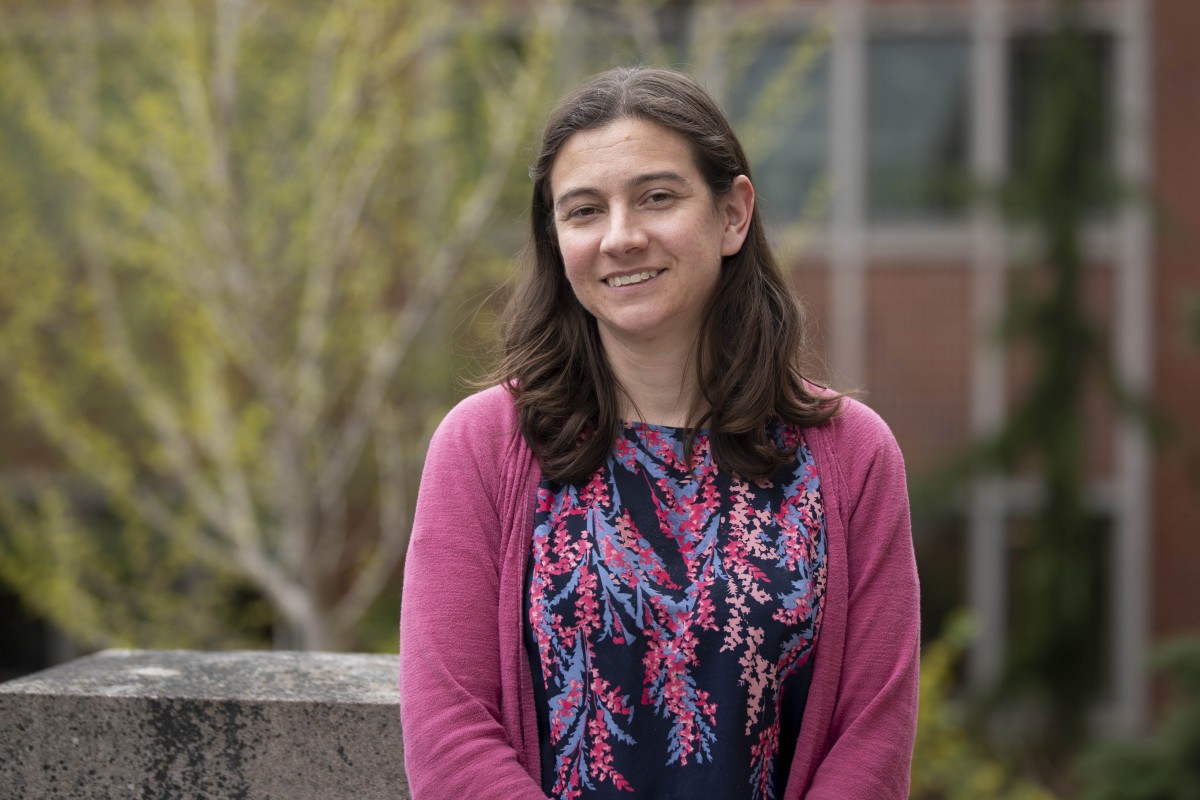The National Science Foundation (NSF) has awarded the University of Puget Sound professor Courtney Thatcher and University of Washington Tacoma professor Jim Thatcher a $343,000 grant for a research project titled Spatial Models and Electoral Districting. Funded through NSF’s Research Experiences for Undergraduates (REU) program, the project is timely, as new congressional districts will be drawn following the 2020 census.
“This work will look at the lived experiences of people, especially underrepresented people, concerning redistricting,” says Courtney Thatcher, a mathematics and computer science professor at Puget Sound. “It’s important that people look at this thoughtfully, as opposed to completely disjointed groups drawing the districts for their own benefit.”
“We’ll be focusing on the social impacts of algorithmic redistricting methods, especially related to the impact of individual experience and movement through space, on perceptions of gerrymandering,” adds Jim Thatcher, an urban studies professor at the University of Washington Tacoma.
For the next three summers, cohorts of 12 students from Puget Sound, University of Washington Tacoma, and institutions throughout the country will spend their summers at Puget Sound working on the project. Participating students will receive training in cutting-edge computational and mathematical research techniques, practice an interdisciplinary research approach that blends advanced techniques in mathematics and computer science with social theoretical knowledge from geography and other social sciences, and learn how to communicate their research findings effectively.
“Doing a research project like this will be an incredible experience for the students involved,” says Courtney Thatcher. “We’re setting them up to be able to talk within groups, understand algorithms, understand the geography and political science behind it, and go out and distribute and communicate this information. It’s explicitly about geography, but the program is interdisciplinary, and we expect to be working with students from many different fields.”
This summer, Jim Thatcher, who will serve as the Spatial Models and Electoral Districting REU project director, will lead a group of the research students in examining the traditional means of evaluating existing and proposed districting plans. Using a combination of geographic information system (GIS) data analysis, API programming, and data science techniques, the critique will focus on geographic and communal aspects that are often overlooked in the districting process. Courtney Thatcher, who will serve as the project co-director, will spend this summer working with students exploring whether recently developed topological algorithm models can reveal valuable new information about existing and potential districts.
"Ultimately, the goal is to train the next generation of scholars and activists to engage with this pressing issue,” says Courtney Thatcher.
